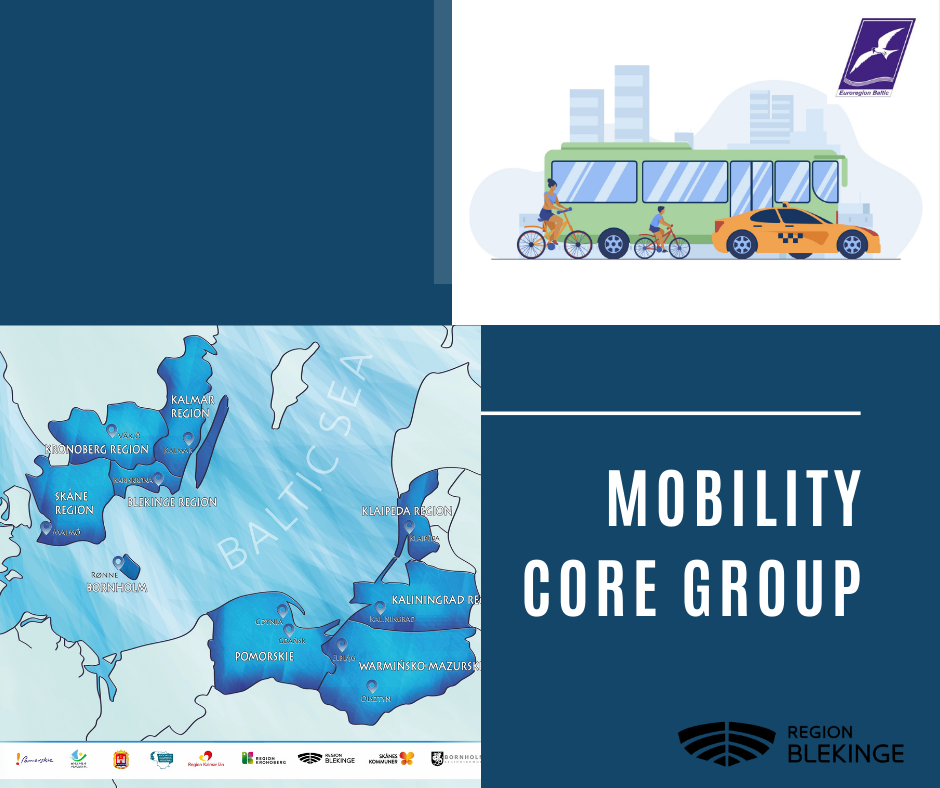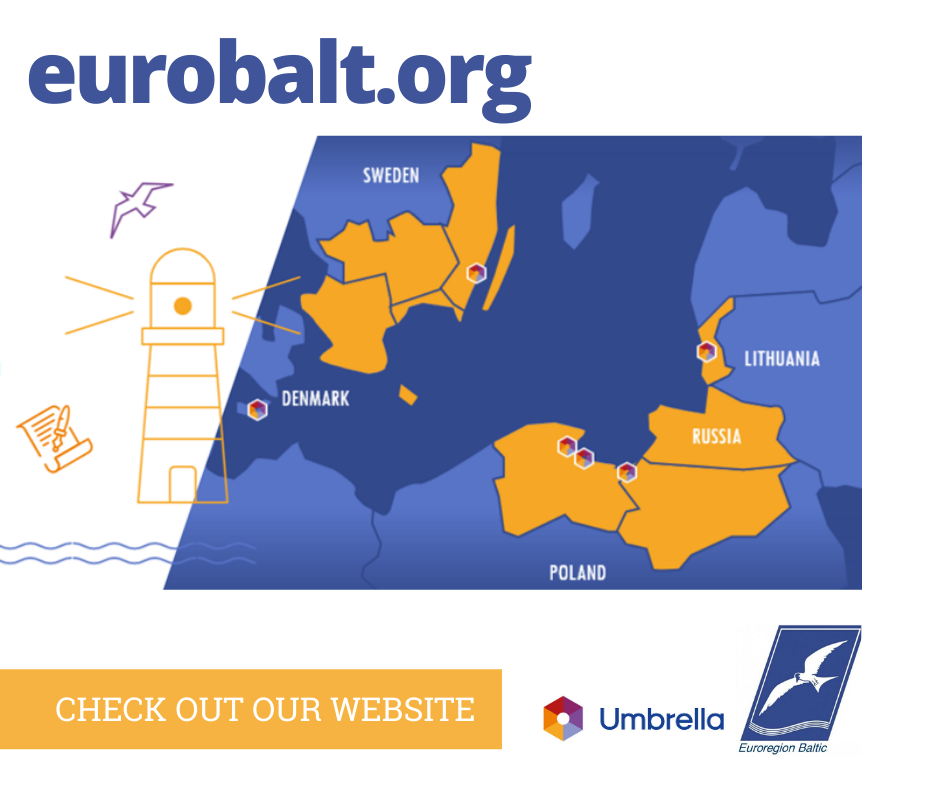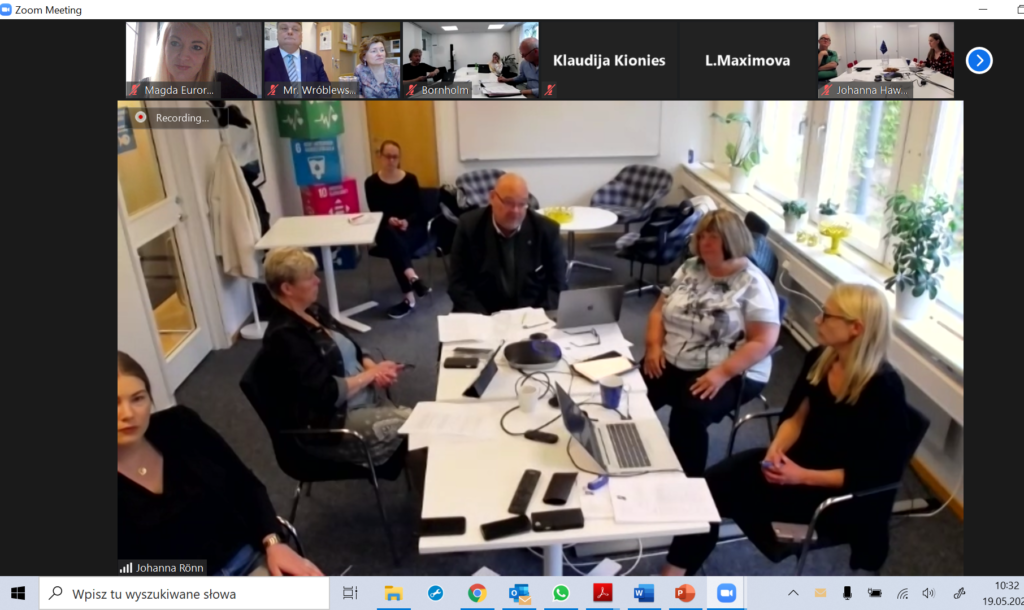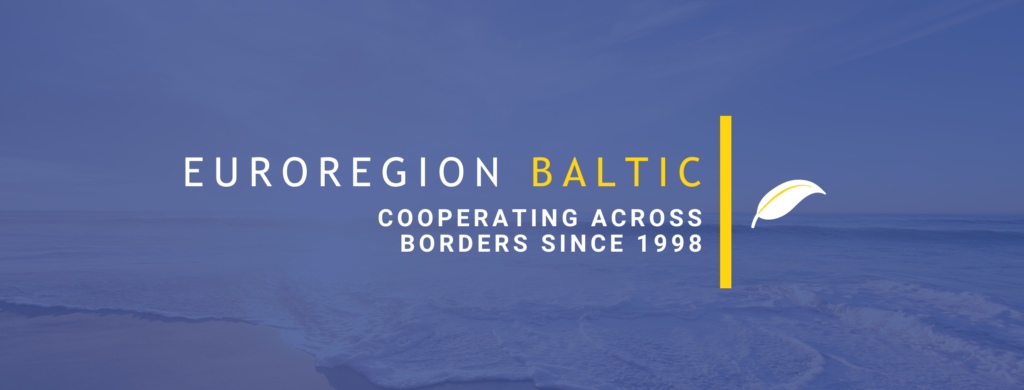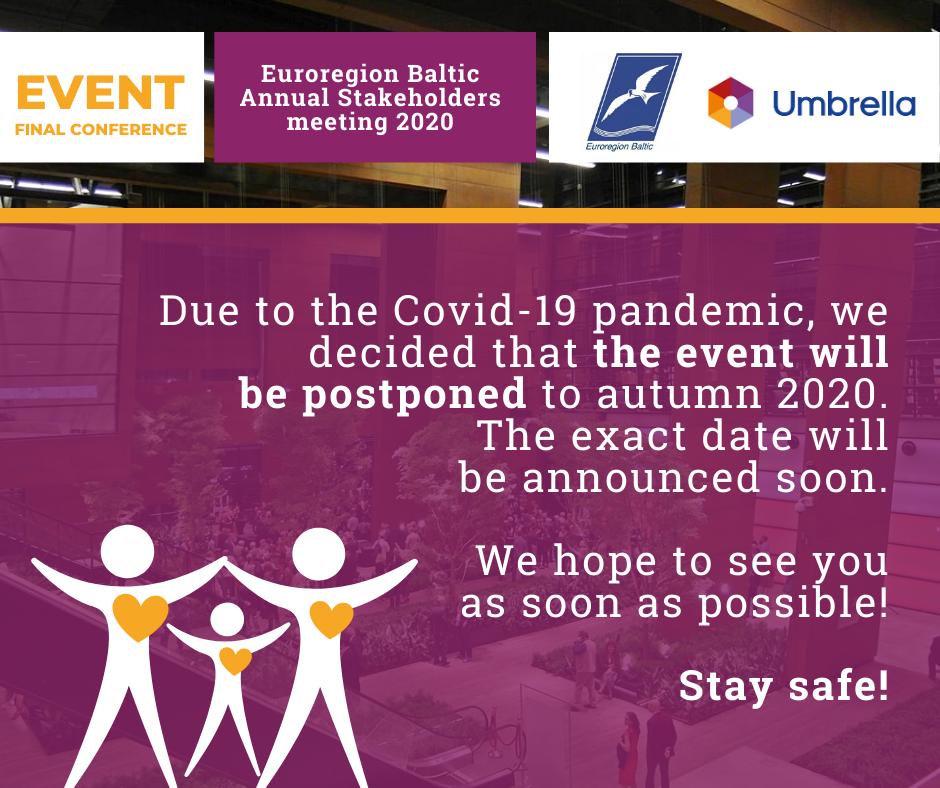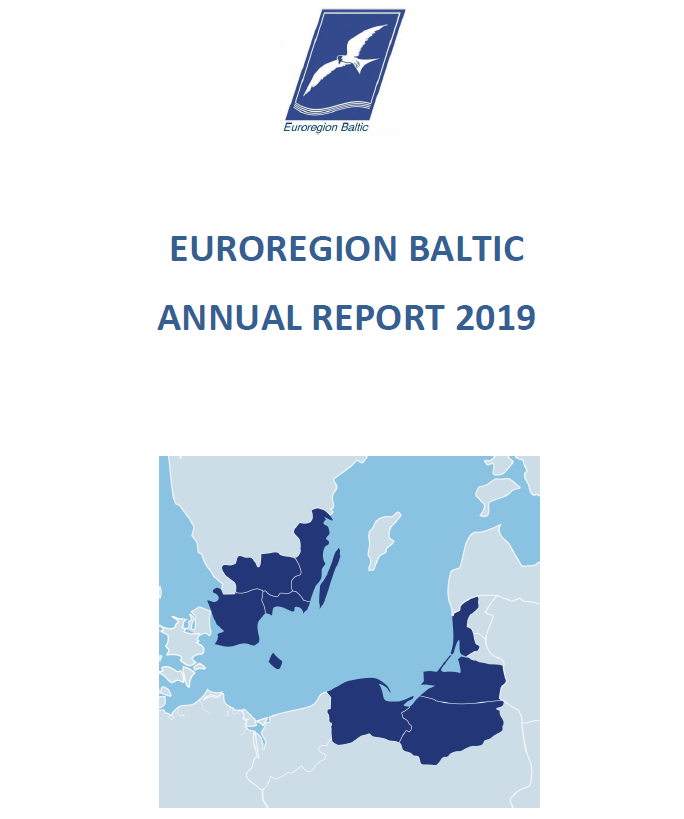On 3rd December 2020, during the final ERB Executive Board meeting in 2020 and the last one under the Presidency of the Association of Polish Communes Euroregion baltic (PL), the Board members all agreed to establish another task force in the Euroregion Baltic – Mobility Core Group.
The decision was made after the Blekinge Region Board Member – Mr Johan Sandberg, ERB Vice President presented the idea to the ERB Board Members. Blekinge Region will host a secretariat for the newly established group.
The ERB Mobility Core Group consists of partners from the previous Interreg South Baltic project Interconnect, as well as contact persons and experts from the ERB member organisations.
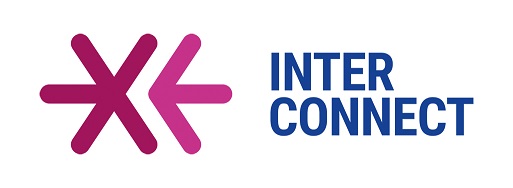

The group will be working on behalf of the ERB Board with concrete actions and the work is supposed to contribute to project development and common activities improving mobility between the ERB member regions.
The Mobility Core Group will report to a steering group consisting of ERB board members (appointed by the ERB Board). Lobbying activities in order to represent and promote common interests;
Implementation of strategic initiatives and projects complementing the local and regional agendas of the member organisations; and
Exchange activities, to seek a collaborative approach to common challenges and to progress in innovation and in operational efficiency of the cooperation. The Mobility Core Group will focus on activities from the below perspectives.
Exchange of experience:
- Trends affecting public transport and sustainability change directions of the local and regional transport systems in the South Baltic area.
- Public transport planning vs. strategies by private operators (e.g. ferry companies).
Shared challenges
- Access to cross-border PT services for rural and more remote areas.
- Low knowledge/awareness of leisure time attractions on ‘the other shore’.
- Fighting climate change
Joint solutions
- ‘Low-hanging fruits’ (new or enhanced methods, services or products developed and/or applied in the Interconnect project and demonstrating a high replication potential)
- Cross-border perspective of public transport in the local and regional strategic documents
Impact on other sectors
- Tourism routes – adapted to different target groups
- Cross-border commuting / labour market travel patterns
- Student and youth travel patterns
Method
The Mobility Core Group will apply a Multi-level governance perspective on its activities. The link between TEN-T development and contribution to the EU cohesion policies is considered a week. The focus will be to apply a holistic view on regional mobility and transport planning as a driving force for boosting potentials within other sectors such as tourism, education and business. This approach will strengthen the relationship between public transport, regional development and the citizens.
Actors from each region
The ERB Mobility Core Group should aim to include members from all nine regions, in six countries. The basis will be the partnership from the previous Interreg South Baltic project Interconnect with the possibility to extend the network with relevant representatives from each of the ERB member organisations. The group will also invite relevant participants from regions outside the ERB geographical area ie former Interconnect partners.
Actions
The Core Group aims to have physical meetings back to back with the ERB Board meetings. Those meetings will be complemented by online meetings.
The meetings should aim to identify “hot topics” and “bottlenecks” for further joint development and discussion.
